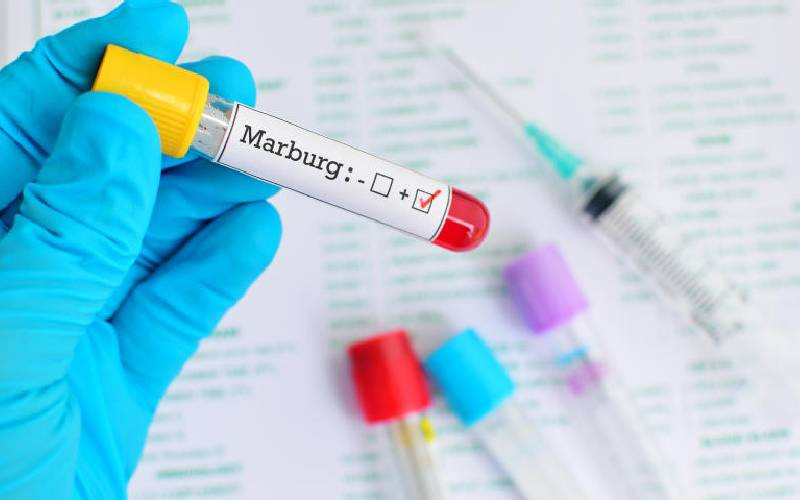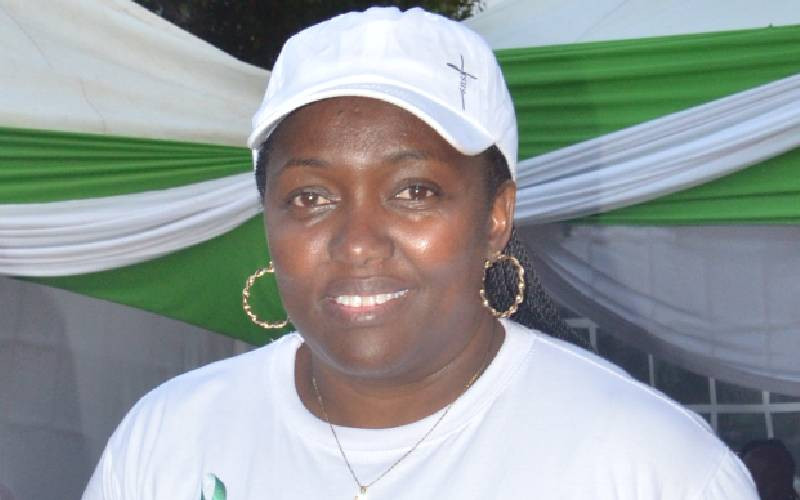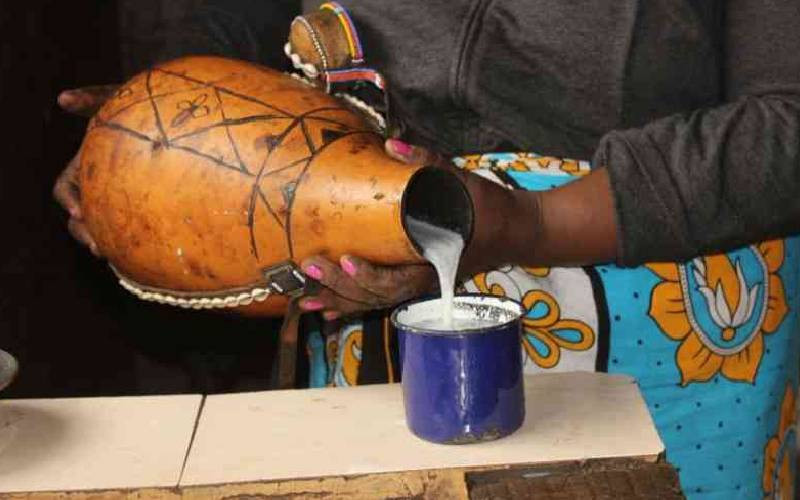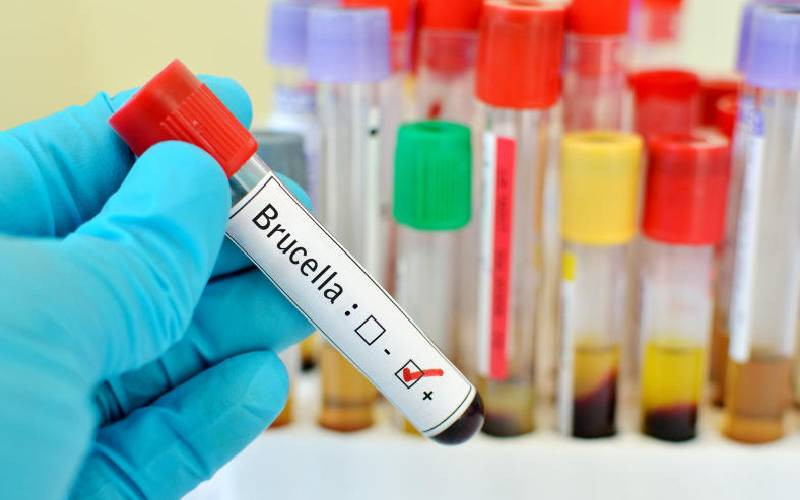
East Africa has recently been hit by a wave of viral outbreaks, causing concern across the region.
From monkeypox in the Democratic Republic of Congo, to the most recent outbreak of the Marburg virus in Rwanda, health authorities are facing significant challenges in managing these deadly diseases.
Currently, the focus has shifted to Rwanda, where the Marburg virus, a highly contagious and deadly pathogen, has emerged.
Following the outbreak, health authorities in Kenya have been placed on high alert, given the high risk of cross-border transmission.
The monkeypox cases already reported in Kenya have strong links to the Great Lakes region, where the virus originated, with Rwanda being mentioned.
The World Health Organisation (WHO) has swiftly intervened, issuing a warning to Kenya's Ministry of Health to ramp up surveillance and preparedness.
- Kenya warns counties to brace for Marburg virus after Ethiopia outbreak
- Bloody virus: Why Kenya cannot afford to take chances on Marburg
Keep Reading
According to the latest reports, Rwanda has confirmed 12 cases of the deadly virus, raising concerns about potential cross-border transmission. Health workers are the most affected.
The country has already rolled out vaccine trials, after receiving 700 doses of the vaccine. Rwanda has begun vaccine trials focusing on health workers after receiving 700 doses of the vaccine from US-based non-profit organisation, Sabin Vaccine Institute. The vaccine, which is based on based on the cAd3 platform, has been on the second phase of trials in Uganda and Kenya.
Marburg virus disease (MVD) is a rare but severe hemorrhagic fever that affects humans and non-human primates. It belongs to the same family as the Ebola virus and is equally deadly. The virus was first identified in 1967 during simultaneous outbreaks in Marburg and Frankfurt, Germany, and Belgrade, Serbia.
Dr Ezekiel Mecha, a Senior Lecturer at the University of Nairobi and Certified Consultant at the International Federation of Biosafety Association, explains, "Marburg virus is a type of virus in the Filoviridae family that affects primates through hemorrhagic fever. It's highly virulent but not airborne, although it can be transferred through fluids, including blood, coughs, and sneezes."
The virus, Dr Mecha adds, is similar to Ebola, and associated with a high fatality rate ranging from 24 per cent to 88 per cent, depending on the virus strain and case management.
The primary mode of Marburg virus transmission is through direct contact with the bodily fluids of infected individuals or animals.
Dr Mecha explains, "It can be transferred directly or indirectly, with the direct route being coming in contact with the blood and other body fluids of an infected person or animal, while the indirect route involves coming in contact with surfaces and materials like clothing, bedding, or medical equipment with infected blood."
This transmission pattern poses challenges for containment strategies. Unlike Covid-19, Marburg is not airborne, but its high virulence and potential for spread through various bodily fluids makes it a serious public health concern. According to the doctor, Marburg virus has an incubation period of 5-10 days, after which symptoms become pronounced.
The Kenya Medical Research Institute (Kemri) has outlined the key symptoms of Marburg virus disease. They include high fever, severe headache, muscle aches, vomiting and diarrhea, rashes, difficulty swallowing and bleeding from body openings.
Kemri has announced the preparation of specialised laboratories across the country to test samples quickly and effectively.
Kemri Director General, Prof Elijah Songok, said: "These facilities will be used to test samples quickly and effectively, to reinforce the country's response efforts and readiness against the disease."
The Ministry of Health, in collaboration with Kemri, has reinforced public health surveillance, sample testing, and community engagement to prevent the virus from spreading to Kenya.
Health Cabinet Secretary Deborah Barasa confirmed that while no cases have been reported in Kenya so far, the country remains vigilant.
 The Standard Group Plc is a multi-media organization with investments in media
platforms spanning newspaper print
operations, television, radio broadcasting, digital and online services. The
Standard Group is recognized as a
leading multi-media house in Kenya with a key influence in matters of national
and international interest.
The Standard Group Plc is a multi-media organization with investments in media
platforms spanning newspaper print
operations, television, radio broadcasting, digital and online services. The
Standard Group is recognized as a
leading multi-media house in Kenya with a key influence in matters of national
and international interest.











